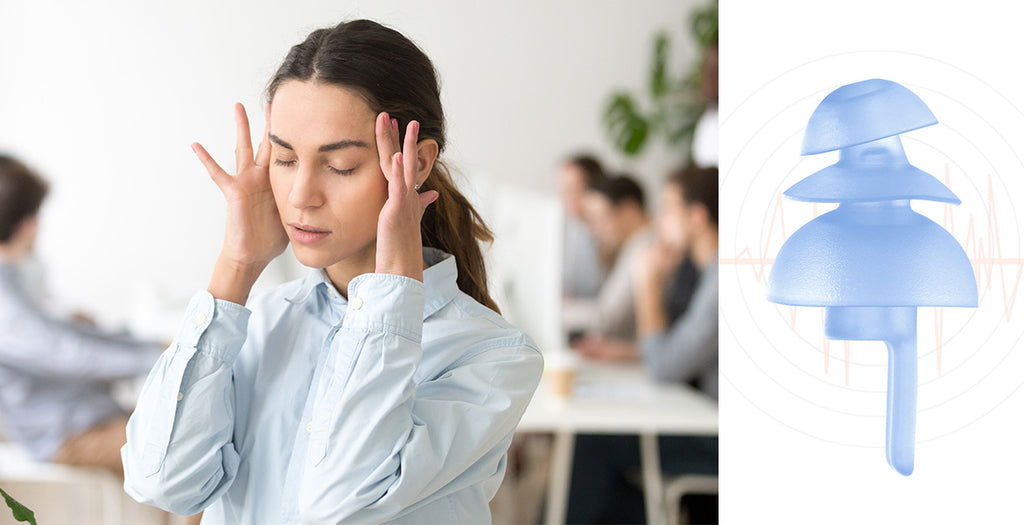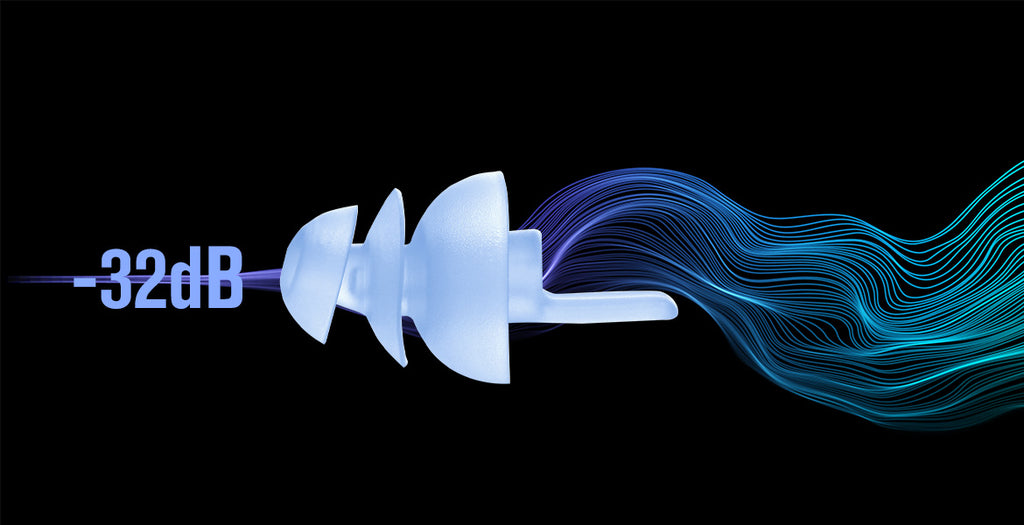Staying focused during study sessions is a persistent challenge that many students encounter. With the rise of digital distractions such as social media and text notifications, sustaining concentration becomes increasingly difficult. However, mastering the art of focusing is crucial for academic success. A heightened ability to concentrate leads to better information retention, accelerated learning, and increased productivity. In this article, we delve into proven strategies to enhance your focus and make the most of your study sessions.
Establish a Focused Study Environment

Your study environment plays a vital role in your ability to concentrate. The ideal study setting should be devoid of interruptions and optimized for attention. Key pointers include:
- Select a quiet, isolated space to minimize background noise and potential disturbances.
- Ensure adequate lighting to prevent eye strain, opting for a desk lamp rather than overly bright or dim room lights.
- Maintain a tidy workspace with essential books and devices readily available but not distracting.
- Put your phone in airplane mode and disable notifications to mitigate digital distractions.
- Use 'Do Not Disturb' signs to inform others that you are busy, thus preventing unwanted interruptions.
- Incorporate instrumental music to block out ambient noise and boost focus, avoiding songs with lyrics.
Employ Earplugs to Counteract Noise

Unwanted noise, be it from chatty roommates, honking cars, or a bustling coffee shop, can severely undermine your study focus. While you may not always control your surroundings, you can manage how much of that external noise impacts your concentration. Earplugs serve as an affordable yet highly effective tool in this regard.
Types of Earplugs: Choose What Fits Your Needs
Earplugs come in various materials and designs to suit different noise environments and comfort preferences.
- Foam Earplugs: These are often the cheapest and most readily available option. Made from memory foam, they expand in your ear canal to offer a snug fit and good noise cancellation. They're generally disposable, making them a hygienic option for short-term use.
- Silicone Earplugs: These are moldable and offer a customized fit for your ears. Silicone earplugs are waterproof, making them ideal for blocking out noise in environments where you might also encounter moisture, such as near a pool.
- Wax Earplugs: Known for their comfort, wax earplugs offer an alternative for those who find foam or silicone uncomfortable. They effectively seal the ear canal and offer similar noise-reduction capabilities as silicone earplugs.
- High-Fidelity Earplugs: They reduce noise levels while maintaining sound clarity, allowing you to hear conversations and useful ambient sounds like alarms. These are generally more expensive but are reusable and come with filters for different noise levels.
When purchasing earplugs, look for the Noise Reduction Rating (NRR) listed on the packaging. This rating indicates the effectiveness of the earplugs in reducing environmental noise. A higher NRR indicates better noise cancellation. For study environments, an NRR between 22 and 33 dB is generally effective.
Especially during extended study sessions, comfort is crucial. Uncomfortable earplugs can become a distraction in themselves. Try different types and brands to find the one that suits your comfort level for longer wear times.
If you opt for reusable earplugs, remember that regular cleaning is essential. Check the manufacturer's guidelines on how to clean them. Most can be washed with mild soap and water. Dry them completely before their next use to prevent bacterial growth.

Utilize the Pomodoro Technique for Time Management
The Pomodoro Technique isn't just a trendy time management fad; it's a scientifically-backed approach to maintaining focus over extended periods. Named after the tomato-shaped kitchen timer used by its creator, Francesco Cirillo, this technique breaks your study session into a sequence of short, focused intervals known as "Pomodoros."
How to Implement the Pomodoro Technique?
- Choose a Task: Pick a task or study topic that requires your undivided attention.
- Set a Timer for 25 Minutes: This 25-minute interval is one Pomodoro. Work on your chosen task without allowing any distractions to intervene.
- Take a 5-Minute Break: Once the timer goes off, rest for 5 minutes. Use this time to stretch, hydrate, or do a brief mental reset.
- Extended Breaks: After four Pomodoros, take an extended break of 15-20 minutes. These longer pauses allow for mental recuperation, enhancing your next focus session.
Nutritional Habits That Bolster Focus: Fuel Your Brain Right
Nutrition often remains an overlooked element when it comes to study focus. However, what you eat directly impacts your cognitive functions, including concentration and memory.
Dietary Tips for Enhanced Focus
- Balanced Snacks: Instead of reaching for sugary snacks, opt for a balance of protein, healthy fats, and fiber. Ideal choices include almonds, fruit, and lean meats like turkey slices.
- Stay Hydrated: Dehydration can lead to diminished cognitive function. Make a habit of sipping water throughout your study sessions.
- Limit Sugar: High sugar levels cause a rapid energy surge followed by a crash, both of which are counterproductive for sustained focus. Avoid sugary drinks and snacks.
- Omega-3s Are Essential: Foods rich in omega-3 fatty acids, such as salmon, flaxseeds, or quality supplements, improve brain function and focus.
Mental Workouts to Enhance Focus: Train Your Brain
The ability to concentrate is much like a muscle-it strengthens with regular exercise. Here are some mental workouts to enhance your focus:
- Simple Focus Drills: Basic exercises, like focusing on your breathing or an object, challenge your mind to resist wandering. Start with shorter periods and incrementally increase the duration.
- Memory Games: Techniques like Dual N-Back or memory card games not only improve memory but also enhance your ability to concentrate.
- Speed Reading: Challenge your mind by trying to read faster while retaining comprehension. Various apps and tutorials can guide you through this.
- Mindfulness Meditation: This form of meditation is all about bringing your attention back to the present moment, training your mind to become aware of when it starts to wander and refocus efficiently.
Disconnect Digitally to Connect With Your Study Material
In an era where FOMO (Fear of Missing Out) drives constant device checking, disconnecting can significantly boost your focus.
How to Disconnect Effectively?
- Airplane Mode: Switching your devices to airplane mode prevents incoming distractions.
- Mute Notifications: Temporarily silencing email or message notifications removes intermittent distractions.
- Website Blockers: Tools like Freedom or Cold Turkey block distracting sites for set periods, helping maintain focus.
Prioritize Tasks for Maximized Focus: Eisenhower Matrix in Action
Understanding where to direct your focus can be as crucial as the focus itself. The Eisenhower Matrix, a 2x2 grid, categorizes tasks based on their urgency and importance.
- Urgent + Important: These tasks require your immediate attention. Examples include impending exams or project deadlines.
- Not Urgent but Important: Schedule these tasks for dedicated focus later. This category might include long-term projects or supplemental reading.
- Urgent but Not Important: Delegate these tasks if possible or do them quickly without allowing them to eat into your focus time.
- Neither Urgent nor Important: Eliminate or decline these tasks. Examples include aimless social media scrolling or attending optional, irrelevant meetings.
By employing this matrix, you prioritize activities that align closely with your study goals, ensuring your focus yields maximum results.
Conclusion

Achieving academic success is strongly correlated with your ability to maintain focus during study sessions. By employing these methods for enhanced concentration, time management, nutrition, and mental fortitude, you set yourself up for a successful academic journey. Consistency in implementing these tips will not only benefit your academic life but also serve as a lifelong skill.












